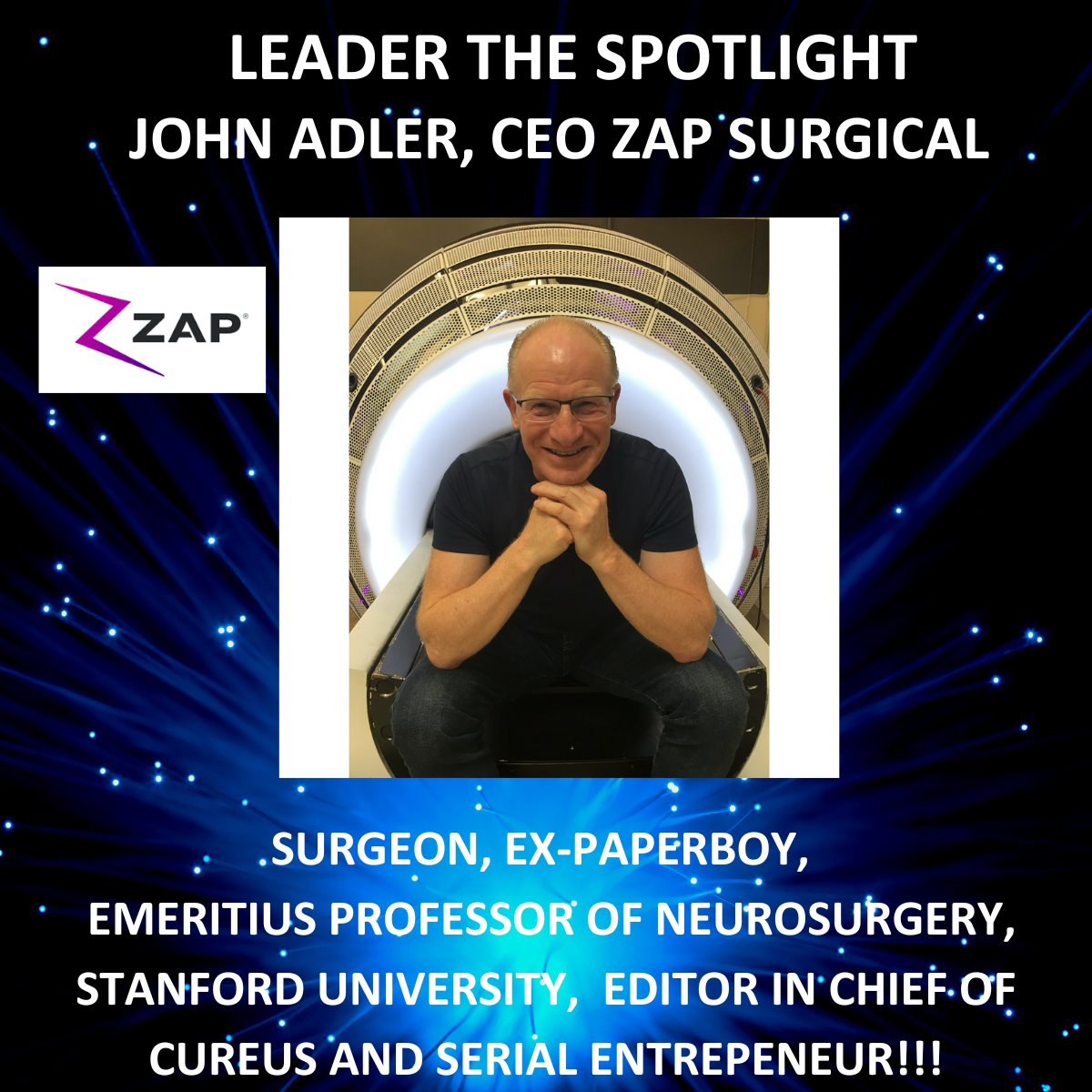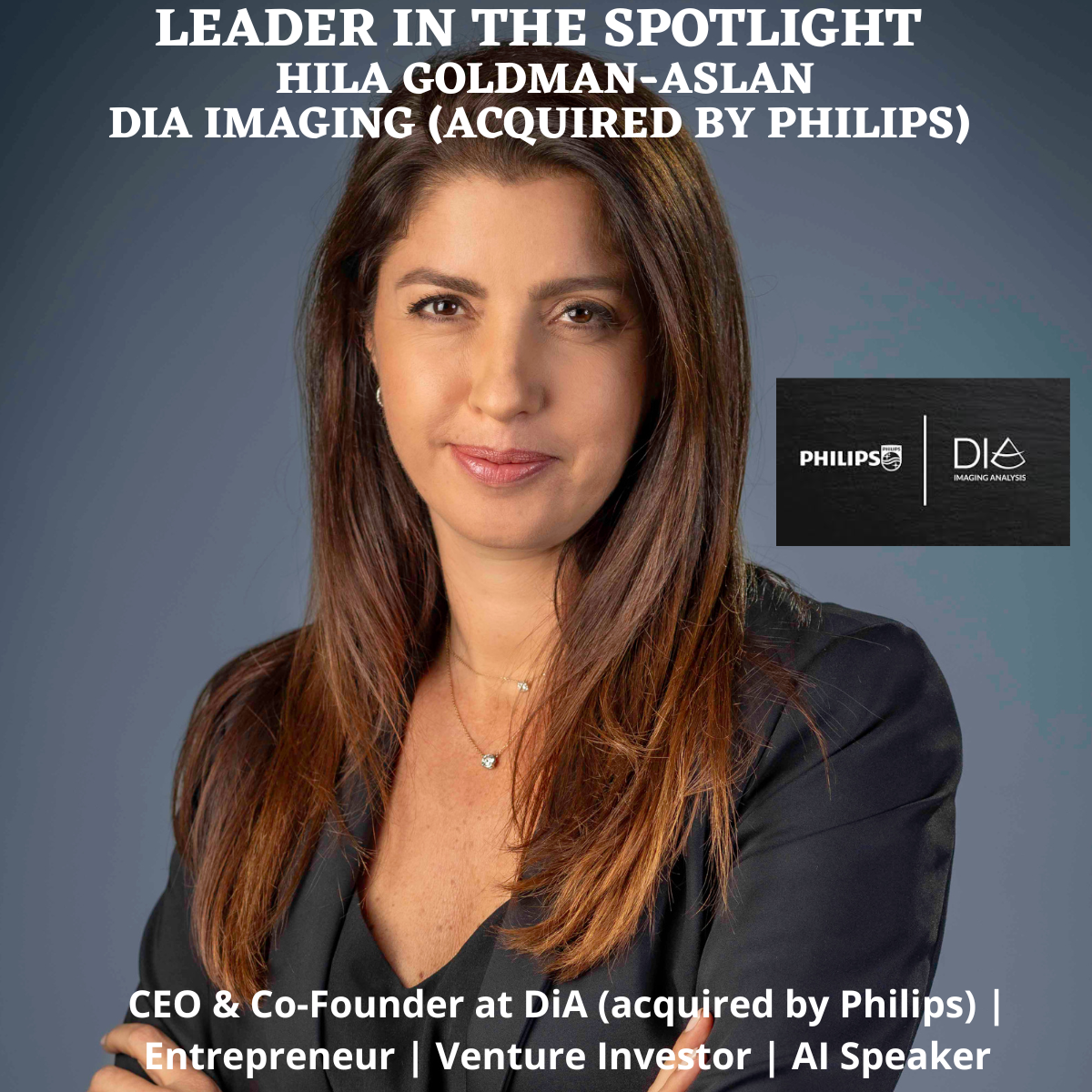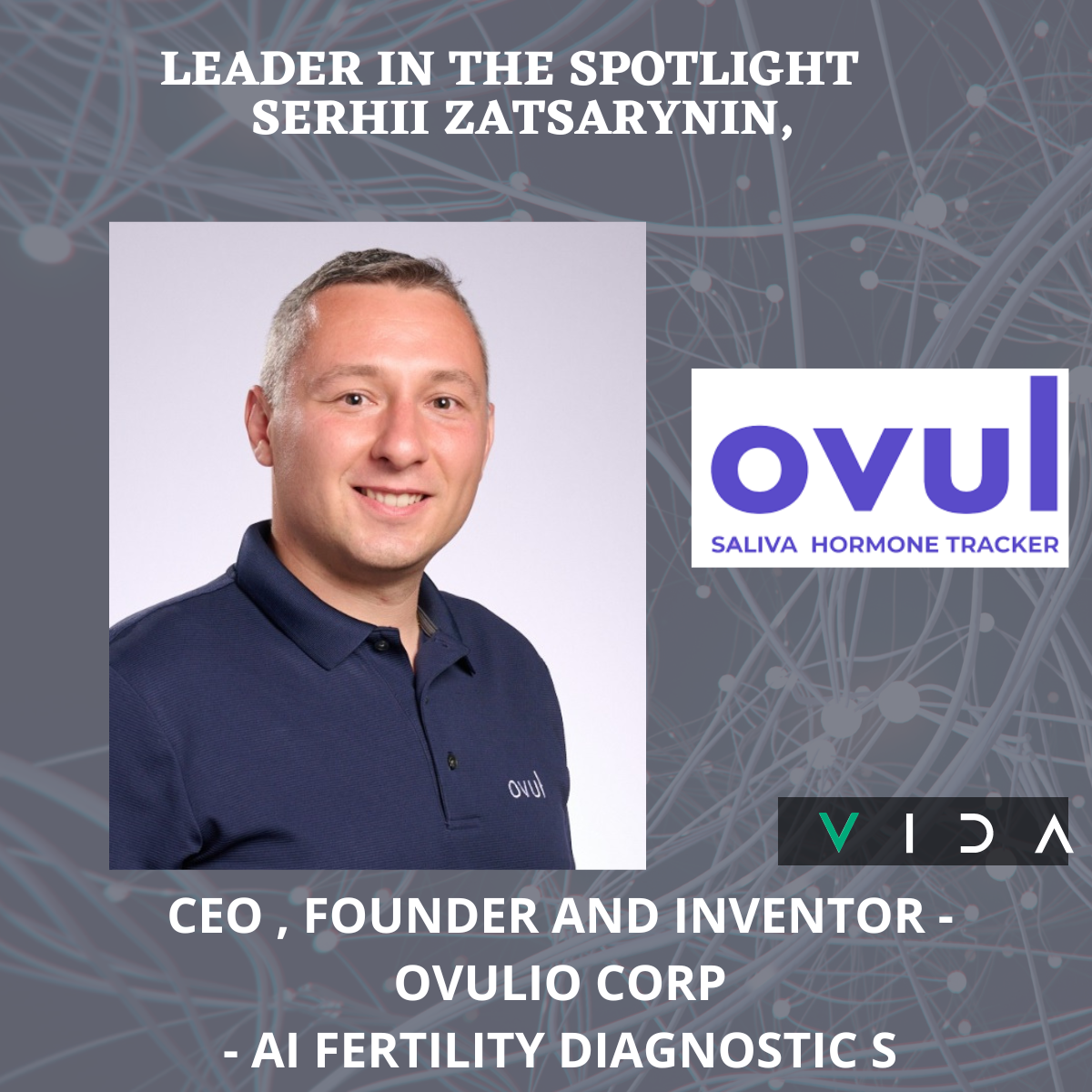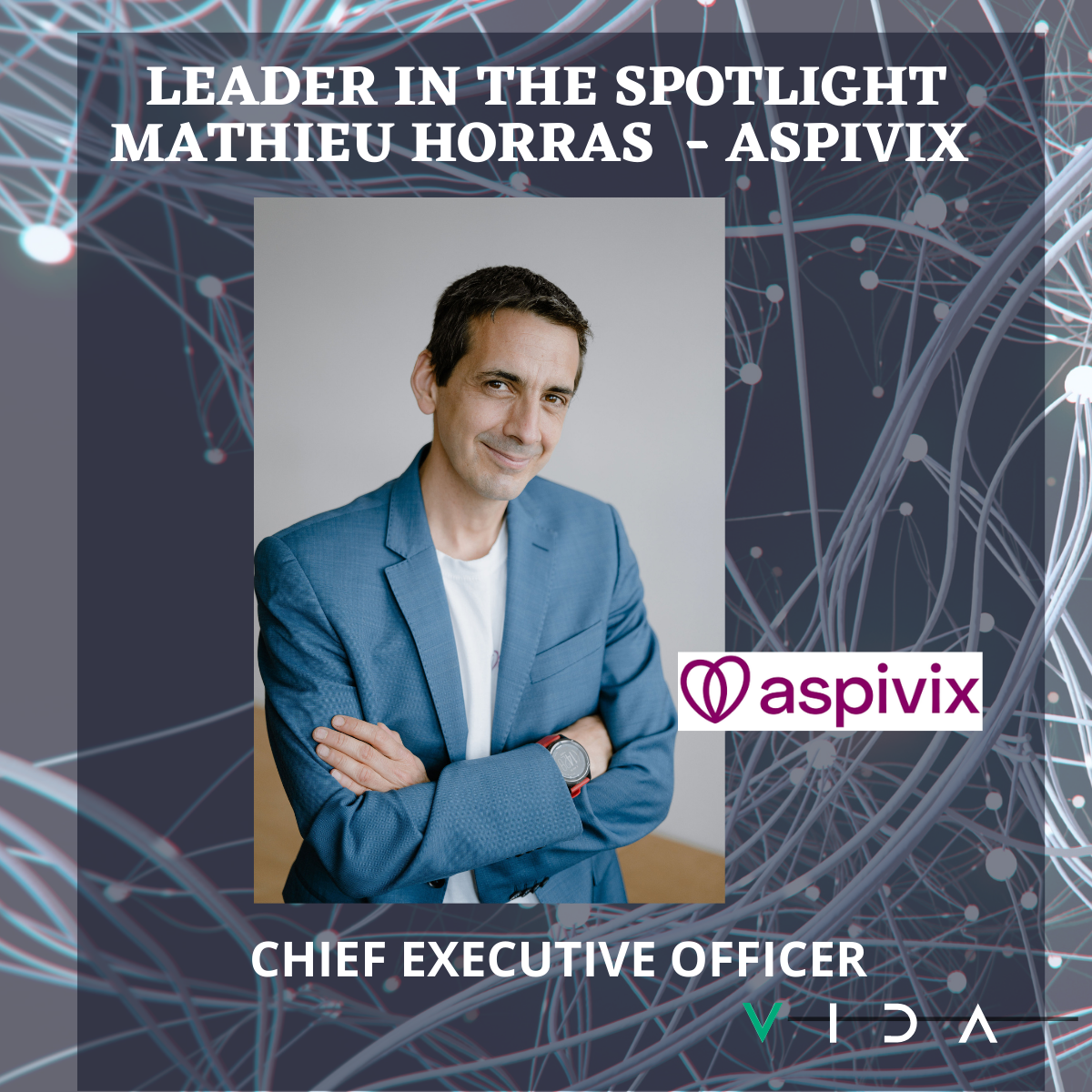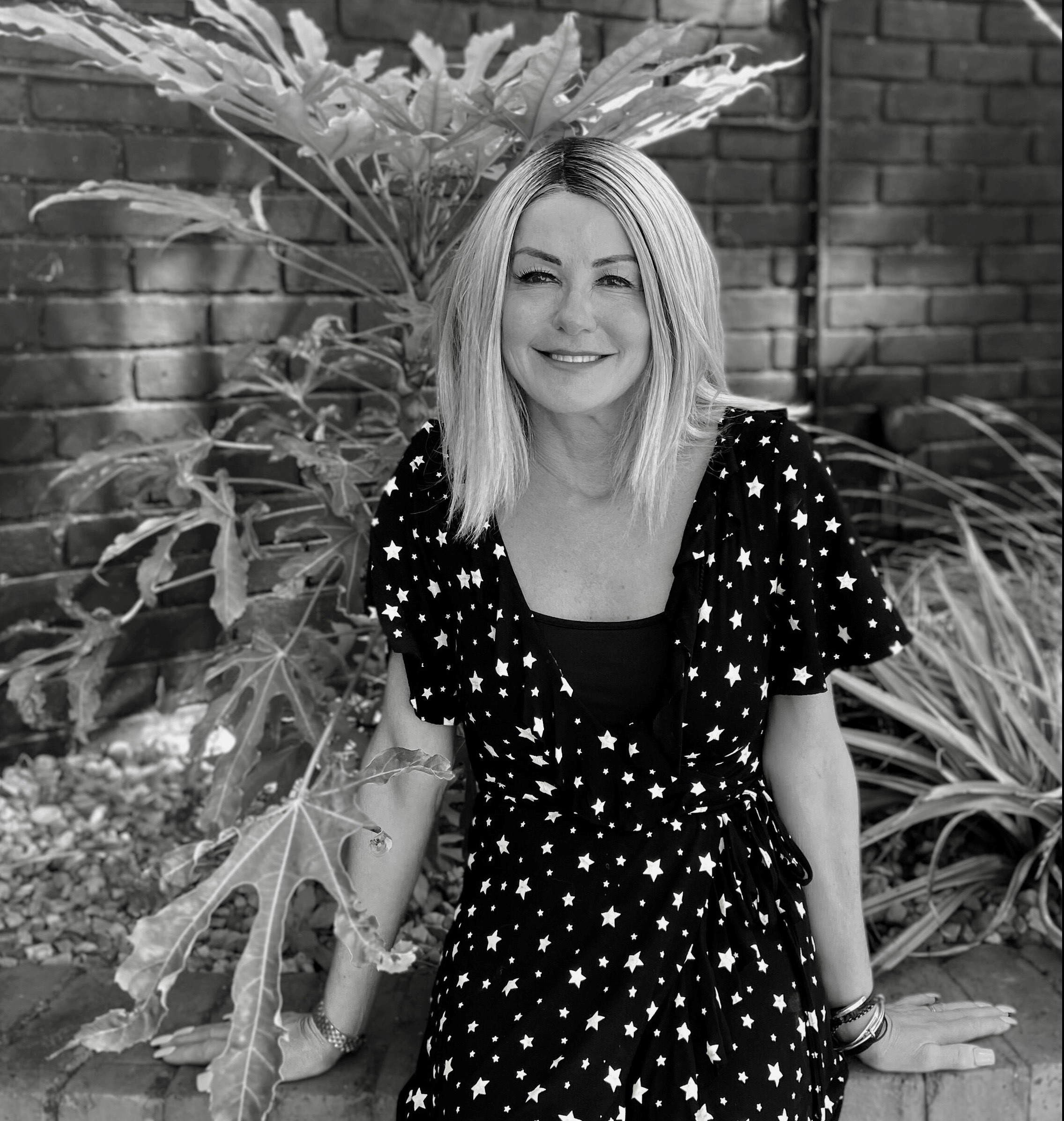
POSTED BY
Liz Moyles
I have known Joana for some years now but until recently, have never met her face to face. It was a wonderful experience to get together for lunch in Paris and finally speak. I felt as though I knew her already.
Joana is a super courageous, humble individual. I admire her tenacity, grit, courage and unwavering commitment to her team and to Robeauté. She pushes herself incessantly beyond her ‘comfort zone ‘to achieve what matters for Robeauté. the team and its mission.
She is a super interesting individual- Italian, raised in India, and Brazil and now living in France, she has such an interesting blend of values and opinions.
When she is not fundraising, in the lab, on the road, or on her bike navigating through the crazy Paris traffic, she is a busy mum and wife to an outstanding theatre actor.
Whilst we had lunch we caught up. I learnt about how a shower of shooting stars led her to Robeauté, her passion to be the first to deliver the equivalent of landing on the Moon by developing the ultimate brain surgery tool.
Here are some elements of our discussion.
- Joana, you know I always love to ask this question – how did you end up where you are today…… in this role and in this industry ….. Was it a childhood dream?
Robeauté is my first role in the industry.
I was led to believe from a young age that this field was only for scientists, doctors, for academics with a love for mathematics and chemistry, physics... fundamental science. That wasn’t me.
I loved languages, international relations, literature, philosophy, history, art. So, when the time came to pick a professional dream, I didn’t look in the way of the medical industry or academia but rather towards linguistics and international organisations. Or at least, I did once I understood that “detective” was a too scary for my delicate heart.
I went on to become a language interpreter, with six languages and started building bridges from there towards art management and Deeptech operational roles.
It took meeting the right people to see how the skillset I had crafted outside this field fit perfectly in MedTech and DeepTech too.
- Joana- That is what I call destiny. Had you deliberately planned to enter this space, you would have missed out on all those other wonderful experiences which those twists and turns brought you. All the knowledge and insights you have today. In my opinion, it is this hugely varied outlook which you bring to the table which really makes you special. So, after school, how did you end up in your first role?
My first job, as an interpreter, was probably the only role in my career which I could have predicted because languages came easy to me, and even as a kid, I was eager to speak to people and to understand them, in their own language. And since I grew up between Brazil, India and Italy, always in multicultural settings, I ended up learning a few of them.
I’ve always been someone who’s more comfortable learning on the job, actually doing things, getting some wrong and some right and then growing from there. Where I am today though, is never something I saw coming. That’s also why I love it so much.
- How did you get involved in Robeauté and how did you gather such a fantastic team around you?
I blame (and thank) a shooting star. It’s a long story but let’s just say that I was seeking a greater purpose, a role where I felt I could be entirely of service. And one summer evening in Italy the sky lit up with shooting stars and I made that same wish for each one.
I started working with Naziha Mestaoui a few weeks later, on “One Heart One Tree”, planting virtual trees onto the Eiffel Tower during the Paris Agreements in 2015 and then real trees in 7 reforestation programs around the world. Naziha was larger than life, she didn’t compromise and built those bridges that I am so passionate about, between art, advocacy, politics and citizen engagement.
It’s through her that I met my Cofounder, Bertrand Duplat. He is one in a million: one of the brightest minds I have ever witnessed and one that sees beyond reality as is it is today, in the most inspiring and surprising ways.
We met for coffee in a Parisian café, and he told me about this crazy idea for a microrobot to help cure brain disease. It sounded like science fiction. I told him I was going to have to learn everything as we went because I was not from this world, and he seemed to think that was the only way it could be done – since there was no blueprint anyway.
We were in uncharted territory, and everything had to be created from scratch, almost.
- Joana – I can’t believe that. I’ve actually got goosebumps listening to you. That really is fate…. what are the chances of that? So, what happened next?
So, we started reaching out to the most forward-thinking minds in the industry, scientists of the highest calibre, both in Europe and in the US – and one door opened, and it led to another.
At the beginning many of the individuals we spoke with were sceptical. I think they came along out of scientific and human curiosity; to see it we could actually pull it off. But they did so as allies, making intros, starting formal collaborations, sharing grad students around never seen before tech. Today they are our greatest supporters.
And slowly the team started coming together. Our first employee, Quentin, turned out to be a magnet for extraordinary talent. Through his own sheer brilliance, his promising research results and business acumen, he quickly represented Robeauté in academia and helped us elevate the narrative and attract talent.
From there all those who joined have helped us craft the company as well as the technology. I think that is quite rare in the industry – to get the chance straight out of your PhD, to play such a large part in shaping a company instead of having to fit into one designed before you got there. We try to guard and preserve this philosophy. Our strength is our team.
- I know you truly believe in your team, and you’ve already shared with me how influential they are when it comes to recruitment. France is such a hotbed of innovation – I saw that first hand last night at a conference I attended. It is such a truly close community for Medical Devices and Medtech. What do you value about this community?
French research really is formidable. Not much of it makes it out of the labs though, so when a company actually stands the test of time and hits its milestones, by building a product that can change patient’s lives, the community carries it. We have been fortunate to meet brilliant entrepreneurs, truly shaping the industry both Nationally and Internationally and it is a true pleasure to see them succeed, to walk the path together and even at times, to call them friends.
I’m often reminded of their awesomeness and hope again and again that every single team excels, and every product makes it to the market and to patients. I think we need more inclusiveness, more keeping doors open for one another, personal support also among entrepreneurs (because this thing is hard) instead of being pitted against one another.
I look forward to seeing what the future holds.
- Why are you so passionate about Robeauté - what difference is this going to make to the patient and surgical team?
To this day the brain remains a mystery. Surgeons have been doing miracles with the tools at their disposal to address the constant rise of neuro-pathologies, affecting 1 in 8 of us. But the truth is that it’s not enough.
A brilliant Neurosurgeon, head of Neurosurgery at a stellar medical institution, once told us that she could do everything perfectly in the OR, use the most sophisticated tools and techniques, and still the patient could die.
We want to change that.
We are developing the ultimate brain surgery tool – a microrobot that enables the surgeon to access the brain micro-invasively, with the utmost safety and precision, to diagnose, treat and monitor the brain.
Our microrobot will be able to move through the brain along curved trajectories, carrying with it tools and therapeutics to intervene locally, all the while gathering unprecedented site-specific and patient specific data that will allow them to better treat the patient and better understand this unchartered organ.
It's a new moon landing.
- And you want to be the first to land!!!!! Again, that brings me out in goosebumps- can you imagine exploring things like how to really treat depression, anxiety, Alzheimer’s, Parkinson and so many other terrible illnesses. It holds such promise, Joana!!!! Where did the name Robeauté come from? Has it a special meaning / significance?
Robeauté or the “beauty of Robotics” – existed before the company came to be. Bertrand came up with it and describes it as the beauty of robots assisting humans by doing things that are extremely complex for Man alone, at the service of patients.
There is one point I’d like to make, we want to help cure patients, not make super-humans. There is already so much to do to help humans heal and understand the brain, without having to augment Mankind or extend life by 50 years. I feel the industry loses sight sometimes.
- Who /what inspires and energises you?
Progress – is the obvious one.
But in times of hardship, when things get tough, I’d say it’s our team that inspires me. As founders we at times get lost in the mechanics of the job. I find that spending time with the team, looking back at everything we have accomplished and conquered to date, laughing at absurd everyday situations and believe me there are many, helps me to get things back into perspective.
It helps me back to the right state of mind and state of being.
- What are you working towards next? What would really make a difference to you and the team now?
The easy answer – money.
We are currently raising our Series A round and it is so exciting to bring together an investment team to support this next phase.
We are eager to progress to the next phase of animal trials and begin our clinical studies. We will be setting up operations in the US and will be supporting our academic and medical collaborations on the ground and growing our team, adding strategic new positions and skills. We’ve been garnering quite some traction, so we look forward to seeing how it all comes together.
These are exciting times.
- They really are. I have known you for a few years and I can’t believe how much progress you have made in so little time; I know it has been really hard at times. Tell me, what feedback have you had from KOLs/ surgeons so far?
We have been very fortunate with our KOL community since the start. They play an instrumental part in helping us to design a product that fits seamlessly into the OR. Their user feedback, guidance and professional introductions have helped us get to where we are today. We have gathered a medical community of around 50+ experts, at the heart of which is a board of neuro-specialists from renowned medical institutions around the world.
Each KOL works on an area of particular interest to Robeauté and makes a unique contribution and they are all equally eager to have a tool at the tip of their hands that responds to their greatest ambitions, specifically around micro-invasive multi-site access, local delivery and a better functional understanding of the brain and neuropathologies.
- What legacy would you like your company / technology to leave on the landscape?
What a loaded and insightful question.
Thinking of a future in which our technology is in all neurosurgical ORs, and the company is reaching its full potential…
I’d like young entrepreneurs to believe that they can dream big, get off the beaten path, write their own rule book and make bold technology that can really disrupt the industry, for the benefit of all. I’d like them to know that there is a community of us holding doors open for them to show up.
And I’d like government institutions and the international venture capital community to recognize those projects early on, as a standard and not an exception. It would be awesome to have more individuals in these organizations who are willing to take chances and shape the industry alongside entrepreneurs. I believe LPs would be excited by that. That’ll be for my next shooting-star shower.
- What opportunities do you see out there in the medical devices world to be more innovative in offering patients and surgeons / clinicians a more joined up solution.
I believe the gap in numbers often tells the truest stories: the gap in brain disease diagnosed cases vs the number of brain interventions vs the number of people cured; the gap in a need for trained medical personnel vs the public funding devoted to healthcare and therefore the dire working conditions for medical personnel; the gap in companies addressing women’s health vs the funding actually invested in female-led companies working on women’s health and the lack of research focused on women’s health.
All I see out there is opportunities, specifically to not accept things as they have always been but to find different was of optimising what exists or of changing it entirely if it no longer serves us all.
I’m particularly excited about opportunities in democratizing access to medical information and healthcare through software and AI, about new business models that profit all stakeholders, about putting the medical practice and healthcare back in the centre of our communities through education and funding, and more widely, about building bridges to develop platform technologies that learn from fundamental science and address the largest number of patients, across different medical specialties.
- What is the best piece of advice / feedback you have received from investors / mentors / KOLs?
There have been many along the way and my favourite are often not in words but in actions. I am very drawn, funnily enough, to quiet people - probably because opposites attract. I like those who do more than they say, who don’t name-drop every chance they get, who’s nature is serene in the eye of the storm, who treat everyone with kindness and respect, who choose collaboration over competition.
I’ve learnt from my team to rejoice in other’s success, that to act for a person’s personal benefit will wield results professionally, to stand your ground if you believe there is a chance it will work (even when it ends up not working) – to name a few.
I hope to one day master most. ☺
- Has anyone one played a particularly key role in your career / work life- perhaps a mentor …. what and how did / do they influence you?
This is probably the hardest question because mentioning a few would mean to leave out so many. I am sure I will not do justice to the many inspiring people who I have had incredible conversations with over the years. Beside Naziha and Bertrand who I mentioned earlier, there are many.
I always learn, willingly or unwillingly.
Our team at Robeauté are a constant inspiration – I thoroughly enjoy working with them and am super thankful for them (Quentin, Ali, Arthur, Nancy, Lauren, Pierre, Oscar, Lucas, Souha, Victor, Johan, Leandro, Ismael, Antoine).
The medical professionals we work closely with whose tireless commitment to their craft is one of humanity’s greatest gifts. We look forward to giving them an awesome device to empower them further.
I’m thankful to our investors, most of whom are business angels, and advisors who have embarked on this fantastic voyage to be a part of something transformational. I have learned so much from them.
And I’m beyond thankful for the incredible women I’ve met through Robeauté. I’m particularly admirative of women in my position – when despite all the odds, professional & personal, they widen the playing field for all women and constantly reinvent themselves to be true to their ambition. I love unapologetic women. To mention a few, Anne Osdoit, Carolina Aguilar, Sophie Brac de la Pérrière, Claire Vershelde, Diana Röttger, Cécile Dupont-Redon, Marion Gasperment, Sophie Cahen, Marie-Anne Péchinot and Hannah Samano.
- Looking back on your career to date, was there any specific defining moment / turning point you can pinpoint – perhaps an opportunity you seized?
I said yes to joining a robotics inventor to found Robeauté with the ambition of creating a microrobot to cure brain disease. That is the dearest defining moment of my professional career.
- What advice would you give to someone who's looking to enter this space? Whether that's a fresh grad straight out of university, or someone looking to transition their career?
Figure out what you want to do and go for that, despite any odds. And while you are figuring it out, make sure you have fun. No point in anything otherwise.
- ……………. What do your friends and family think of you working in Surgical Robotics?
It took them a while to understand what I was actually doing and how I got here. And now they want to know everything about it and are excited about every step forward.
- Finally, what song would get you jigging on the dance floor / what do you do in your spare time to relax and inspire / re-energise you???
Gosh – many songs get me dancing – so many different styles too. I love dancing. I like Baianá by Barbatuques, some old and gold Bollywood classics like the “Kuch Kuch Hota Hai” soundtrack, Jerry Lee Lewis’s rock tunes, Luna Pop’s “50 Special”, Bruno Mars, Beyoncé, Jennifer Lopez, Kings of Leon, The Killers, Disney songs I can dance to with my kids, “What a life” by Scarlet Pleasure, the list could go on and on.
What I do in my spare time to unwind?
There is not much of that with my little kids right now, ☺ but when there is I love to ride my bike around Paris and stop in my favourite spots with a good book and a nice tea. Also, I grew up meditating. It’s been a major part of my life and though I don’t take as much time for it as I ought to, every time I go back to it, it feels like coming home in the most resourcing of ways.
Thank you for your insightful and thoughtful questions Liz. I wasn’t ready to answer them before.
I really enjoyed doing so now though, on this long flight on my way to the US. They gave me an opportunity I didn’t know I needed, to look back and think forward in a way I hadn’t done in a while. Thank you for that.
Thank you, Joana, this is one of the most powerful interviews I have had, and I am humbled by how much you have shared. I think so many people will be able to take so much from the story of your journey.
Thank you.
